David Yaffe-Bellany for the NYTimes:
Analysts project that the market for plant-based protein and lab-created meat alternatives could be worth as much as $85 billion by 2030.
What’s interesting about that figure is that UBS thinks $85 billion could be a conservative figure.
“When companies like Tyson and Smithfield launch plant-based meat products, that transforms the plant-based meat sector from niche to mainstream,” said Bruce Friedrich, who runs the Good Food Institute, an organization that advocates plant-based substitutes. “They have massive distribution channels, they have enthusiastic consumer bases, and they know what meat needs to do to satisfy consumers.”
This is the thing that spooks me when companies like this enter the market. I want everyone to have access to the best, and if theirs are only 80% as good as the best then it’s a massive disservice to people’s piqued interest in all new plant-based foods.
“We’re a meat company, first and foremost,” said Mr. Pauley, the Smithfield official. “We’re not going to apologize for that.”
A spokeswoman for Tyson, the largest meat producer in the United States and the creator of a new line of plant-based chicken nuggets, put it more bluntly. “Right now,” said the spokeswoman, Susan Wassel, “it’s really about the business opportunity.”
And this is a hard pill to swallow. Of course, I want everyone involved in vegan foods to have similar interests—but that’s unrealistic. Most business people are only into making money and don’t care how it’s made. So… I hope lots of evil people make bajillion dollars decreasing animal usage, saving the earth, and helping other people. In the end, it’s a net positive. Though, I’d prefer the good people make the bajillion dollars. I can’t control that.
“If the products are not that great, if they’re just basically repurposed veggie burgers, the harm it does to us is not competition,” [Pat Brown, Impossible Foods CEO] said. “It’s reinforcing consumers’ belief that a plant-based product can’t deliver what a meat lover wants.”
I really like Pat Brown’s turn of phrase. He really understands how to say something with a bang.
Beyond Meat is valued at nearly $9 billion, making it about a third the size of Tyson.
This was news to me, and I love it—especially because Tyson used to own a small stake in Beyond. It’s good to see Beyond eating Tyson’s dinner after what Tyson did last year. For those who don’t know, Tyson learned everything they could from Beyond and then sold off their shares to go off and try to make a competing product. Good riddance.
